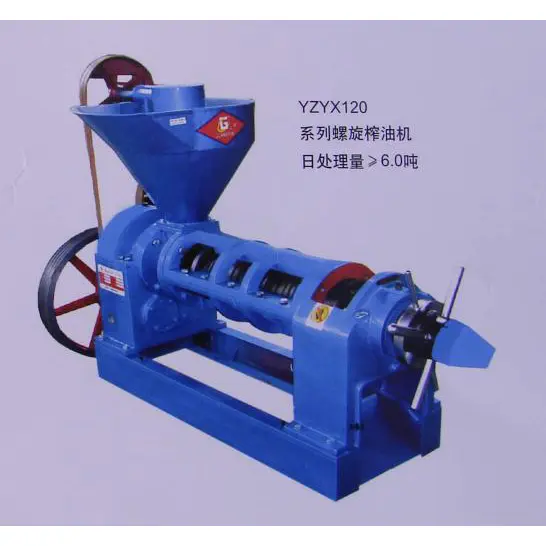Aug . 13, 2024 04:06 Back to list
Leading Producers of Non-Tropical Vegetable Oils and Their Impact on Global Markets
Non-Tropical Vegetable Oil Manufacturers A Vital Sector in Global Trade
In today’s global economy, non-tropical vegetable oils play a crucial role in numerous industries, from food production to biofuels and cosmetics. Non-tropical vegetable oils primarily include oils derived from seeds and fruits that grow in temperate climates, such as canola, sunflower, and soybean oils. This article delves into the significance of non-tropical vegetable oil manufacturers, their production processes, and the challenges they face in the ever-evolving marketplace.
Importance of Non-Tropical Vegetable Oils
Non-tropical vegetable oils are essential for various reasons. They are commonly used as cooking oils due to their health benefits, including high levels of unsaturated fats and low levels of saturated fats. Oils like canola and sunflower are not only staples in kitchens worldwide but also serve as critical ingredients in processed foods. Additionally, they have applications in the cosmetic industry, where they act as moisturizers and emollients in skincare products. Moreover, the biofuel industry increasingly utilizes these oils as environmentally-friendly alternatives to fossil fuels.
The Production Process
The manufacturing process of non-tropical vegetable oils involves several key steps, starting with agriculture. Farmers cultivate oilseed crops under specific climatic conditions that favor their growth. Once harvested, the seeds undergo various processes, including cleaning, drying, and conditioning. The extraction of oil can be accomplished through mechanical pressing or solvent extraction.
Mechanical pressing involves physically squeezing the oil from the seeds, while solvent extraction uses chemical solvents to dissolve the oil, which is then separated from the meal. After extraction, the crude oil undergoes refining to remove impurities, undesirable flavors, and colors, resulting in a product suitable for consumption and commercial use.
non tropical vegetable oil manufacturers

Manufacturers emphasize quality control throughout this process, ensuring that the oils meet food safety standards and are free from contaminants. Advanced technology and techniques, including cold pressing and hexane extraction, are employed to maximize yield and maintain the nutritional profile of the oils.
Challenges in the Industry
Despite their significance, non-tropical vegetable oil manufacturers face several challenges. One of the most pressing issues is fluctuating raw material prices. The prices of oilseeds can be influenced by various factors, including weather conditions, global demand, and trade policies. For example, adverse weather events can lead to poor harvests, resulting in increased prices and supply shortages.
Additionally, the industry is increasingly under pressure to adopt sustainable practices. Consumers are becoming more aware of the environmental impacts of agricultural practices, prompting manufacturers to seek eco-friendly sourcing and production methods. Certifications such as the Roundtable on Sustainable Palm Oil (RSPO) and the GlobalG.A.P. standard are gaining importance as consumers demand transparency and accountability from manufacturers.
Another challenge is the competition from tropical oils such as palm oil, which often have lower production costs and higher yields. As a result, non-tropical vegetable oil manufacturers must innovate continuously and find ways to differentiate their products in the marketplace.
Conclusion
Non-tropical vegetable oil manufacturers are an integral part of the global agricultural and economic landscape. Their products are essential for diverse applications, contributing to food security and sustainability. However, the industry faces numerous challenges that necessitate ongoing innovation and adaptation. As awareness of health and environmental issues continues to grow, these manufacturers will need to embrace sustainable practices and prioritize quality to remain competitive in the dynamic market. Through resilience and commitment to excellence, non-tropical vegetable oil manufacturers are poised to play a significant role in shaping the future of the vegetable oil industry.
-
HP 120 Cold Oil Press - Hebei Huipin Machinery | Automated Oil Extraction&High Efficiency
NewsAug.15,2025
-
HP 120 Model Cold Oil Press - Hebei Huipin Machinery | High-Efficiency Oil Extraction & Automated Processing
NewsAug.15,2025
-
HP 120 Cold Oil Press-Hebei Huipin Machinery|Oil Extraction, Cold Press Technology
NewsAug.15,2025
-
HP 120 Model Cold Oil Press - Hebei Huipin Machinery Co., Ltd. | High Automation, Multi-Functional Compatibility
NewsAug.15,2025
-
Efficient Black Seed Oil Expeller | High Yield Oil Press Machine
NewsAug.15,2025
-
HP 120 Cold Oil Press - Hebei Huipin | Energy-Efficient, High-Quality
NewsAug.14,2025
